More than just "Old Teeth" - EOTRH
What is Equine Odontoclastic Tooth Resorption and Hypercementosis (EOTRH)?
EOTRH is a painful dental disease of the incisors and canines that can occasionally affect the cheek teeth. This condition is characterized by resorption of the tooth roots and surrounding bone, weakening the periodontal ligament and predisposing to infections of the tooth roots. The tooth may then become bulbous as a response. EOTRH is most commonly diagnosed in older horses (>15 years) and will progress over time.
Does my Horse have EOTRH?
Horses are prey animals who are hardwired to hide evidence of pain from those around them. The clinical signs of EOTRH can be subtle, and often the condition is not diagnosed until late in the disease process. Things to look for in your own horse include:
Sensitivity to the bit
Weight loss
Placing tongue between incisors at rest
Dull attitude/lethargy
Slower eating
Dropping Feed
How is this condition diagnosed?
Because the clinical signs of EOTRH are non-specific, it is recommended that any workup begin with baseline bloodwork to rule out other causes. These may include organ dysfunction (liver and kidneys) or metabolic problems (Cushings or Equine Metabolic Syndrome).
EOTRH is diagnosed using radiographs (x-rays) to look at the tooth roots and determine the presence and severity of the condition.
Late in the disease process, the signs of EOTRH may be readily visible externally and can include gingival recession, bulbous tooth roots, red dots along the gumline (fistulas) or loose teeth.
Treatment
At this time, the underlying cause of EOTRH is still unknown and active research is being performed in this area. Because of this, there is currently no treatment protocol to prevent this condition or slow down the progression. Treatment consists of removal of affected incisors. Extraction is performed under standing sedation with complete numbing of the teeth to eliminate pain and discomfort. After the procedure, most horses are noted to become brighter and more personable with the removal of the painful teeth.
Even with all front teeth removed, horses can live a long, productive and functional life. Amazingly, most horses can stay on their regular diet and can even graze without these teeth.

